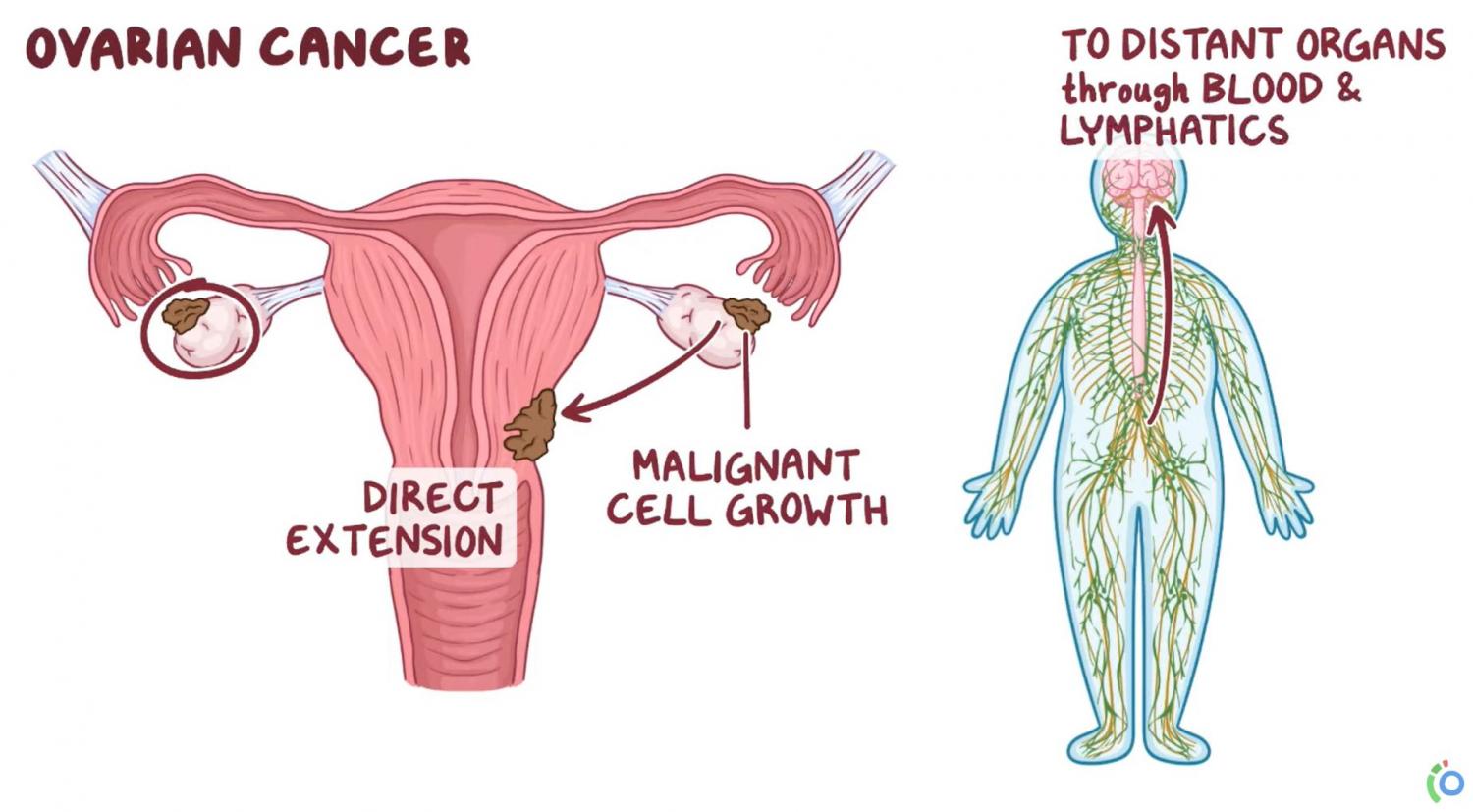
Rare Disease Education: Ovarian Cancer
Editor: Kelsey LaFayette, DNP, RN, FNP-C
"When you hear hoofbeats, think of horses, not zebras,” is a common saying in medical education that means you should think of common conditions first, instead of rare ones, in making a diagnosis. “Rare” is a relative term though and about 7,000 rare, or "zebra," conditions affect more than 350 million individuals worldwide. Although these conditions collectively affect an enormous number of people, each of these conditions individually is rare enough that it can be difficult to secure the resources to study them and to develop treatments and cures. Likewise, awareness of rare conditions may be low and health care professionals may not be familiar with their signs and symptoms making it more difficult to reach a correct diagnosis and provide effective treatments.
To increase knowledge about rare conditions, Osmosis and the National Organization for Rare Diseases (NORD) have collaborated on an initiative to bring education and awareness to the public. We are excited to be a part of this initiative because we believe everyone deserves quality health care, no matter how rare their condition.
Zebra Highlight: Ovarian Cancer
Many women have experienced a screening test such as a Pap smear for cervical cancer or a mammogram for breast cancer. These early detection tests have saved countless lives. Unfortunately, there are no comparably recommended tools for Ovarian Cancer, which is today’s Zebra. This is one of the reasons why only 2 in 10 ovarian cancers are diagnosed at an early stage.
Another such reason would be the relative lack of symptoms in the early stages of disease. When present, symptoms of ovarian cancer vary from one woman to the other and include abdominal swelling, unintentional weight loss, and changes in bowel habits among a long list of other ailments. Ovarian cancer is diagnosed at an average age of 63 years. To learn more about the diagnostic tests and potential treatments watch the dedicated Osmosis video and forward it to the women in your life.
Meet Kaylee, 9 years old
Disclaimer: sensitive content
One week prior, 4th grader Kaylee was enjoying ice skating, spinning gracefully. Unfortunately, bouts of abdominal pain were the harbinger of an unexpected odyssey to come. 11 hours after her visit to the pediatrician, she was told an ovarian cancer mass the size of a softball was growing in her abdomen. Watch Kaylee’s inspirational road to recovery and how she was the strength for those around her in trying times.
Educational Video:
More Information on Ovarian Cancer
